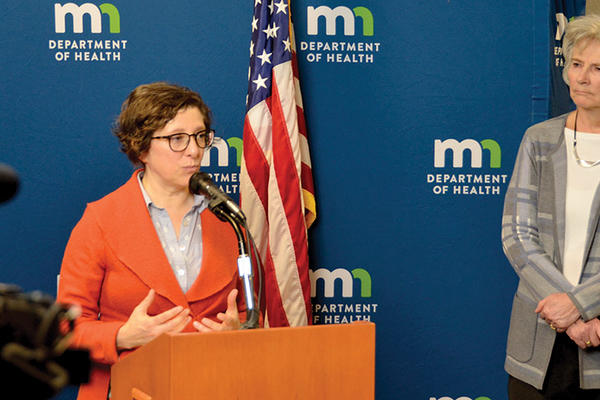Delivering confidential adolescent sexual health services
News from the Center for Adolescent Nursing
March 26, 2020
For adolescents, access to confidential care is an essential component of quality preventive care. A recent study conducted by University of Minnesota researchers Renee Sieving, Annie-Laurie McRee and Chris Mehus and colleagues from Columbia University, University of Illinois at Chicago and the American Academy of Pediatrics examines facilitators and barriers to providing confidential adolescent sexual and reproductive health (SRH) services from adolescents’, parents’ and primary care providers’ perspectives.
A paper exploring providers’ perspectives and practices in delivering adolescent SRH services was recently accepted by the Journal of Adolescent Health. The paper analyzes interviews with 25 primary care providers from four urban and rural communities in Minnesota with varying rates of teen pregnancy and sexually transmitted infection (STI). Through interviews, providers shared thoughts and practices around confidentiality, SRH services offered and referral practices.
“Most providers endorse the importance of one-on-one time and confidentiality with adolescents, but also acknowledge that these elements are not always included in visits,” said Sieving, a School of Nursing professor and director of the Center for Adolescent Nursing. Whether a SRH topic is discussed during an adolescent’s checkup depends on providers’ comfort with a specific topic, like STIs, birth control and sexual orientation. Differences in clinic policies and protocols, availability of SRH resources, and parent engagement also lead to variations in SRH services.
Findings suggest opportunities for training with providers and clinic staff. Routine communication from clinics to adolescents and their parents may garner support for one-on-one time between adolescents and their providers, and changes in clinic policies and protocols may enhance the quality of adolescent SRH services.
“Barriers and facilitators noted by providers help to explain why a substantial gap exists between professional guidelines related to SRH services and real-world practice,” said Sieving.


